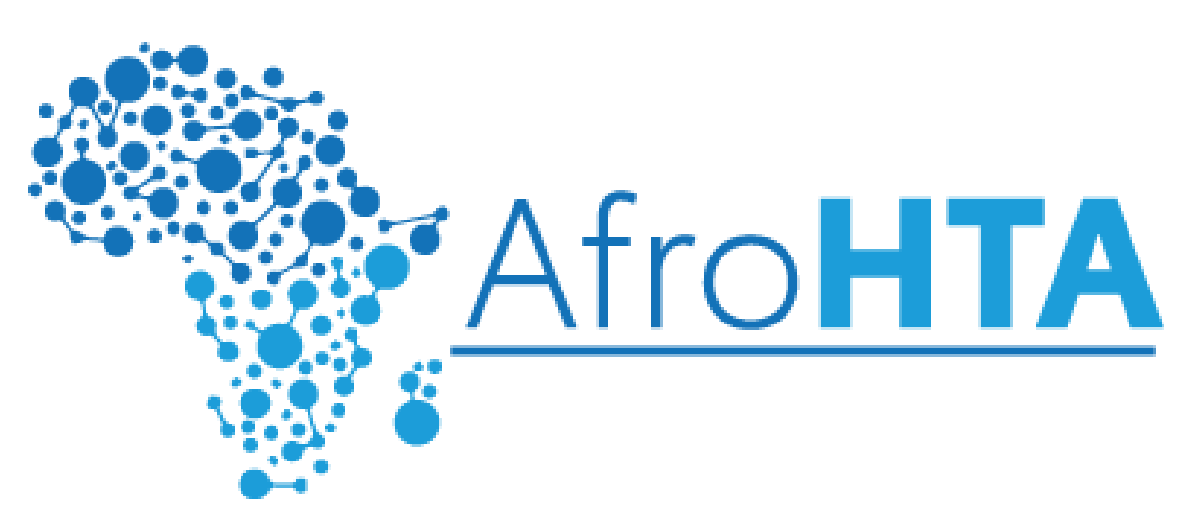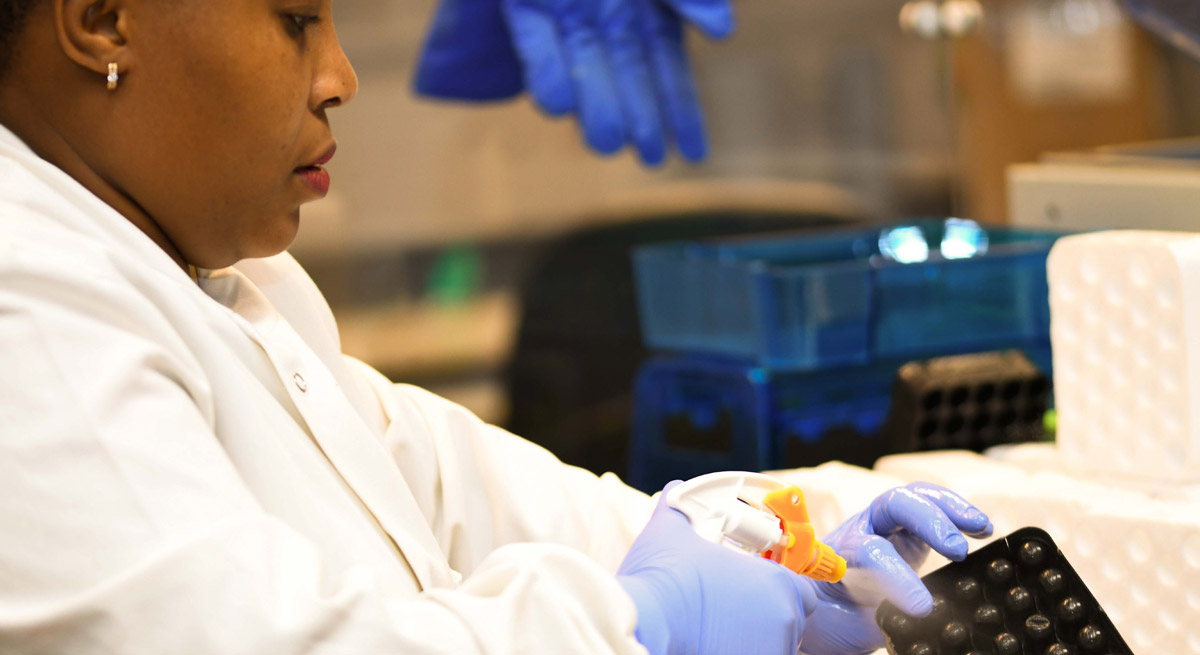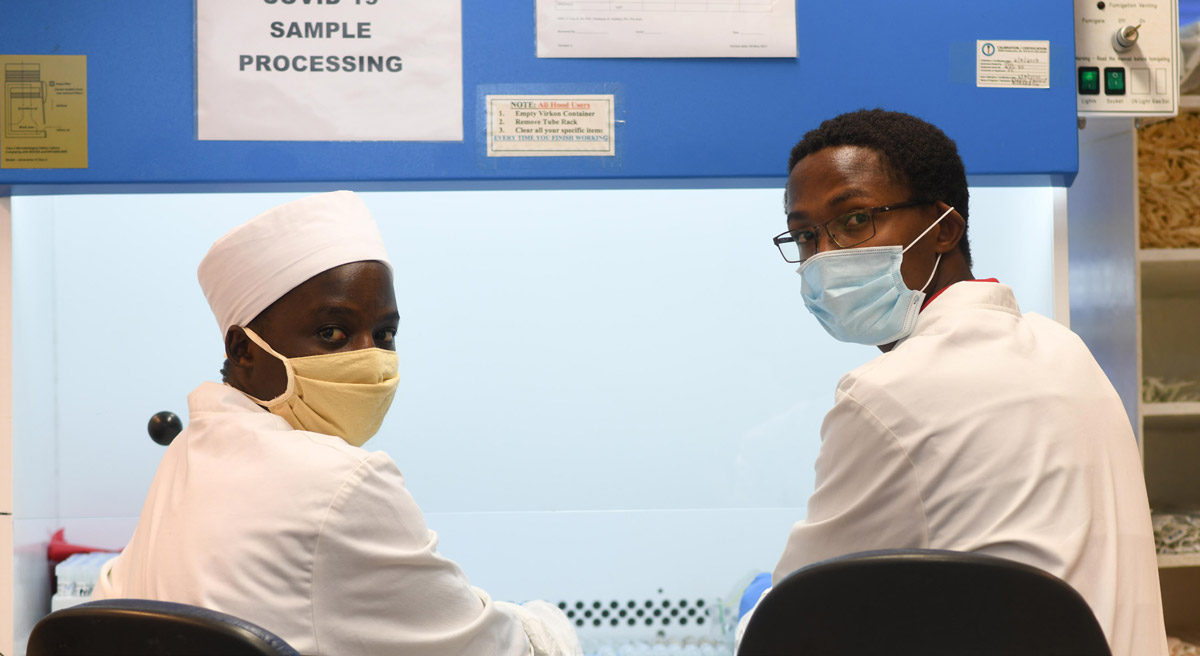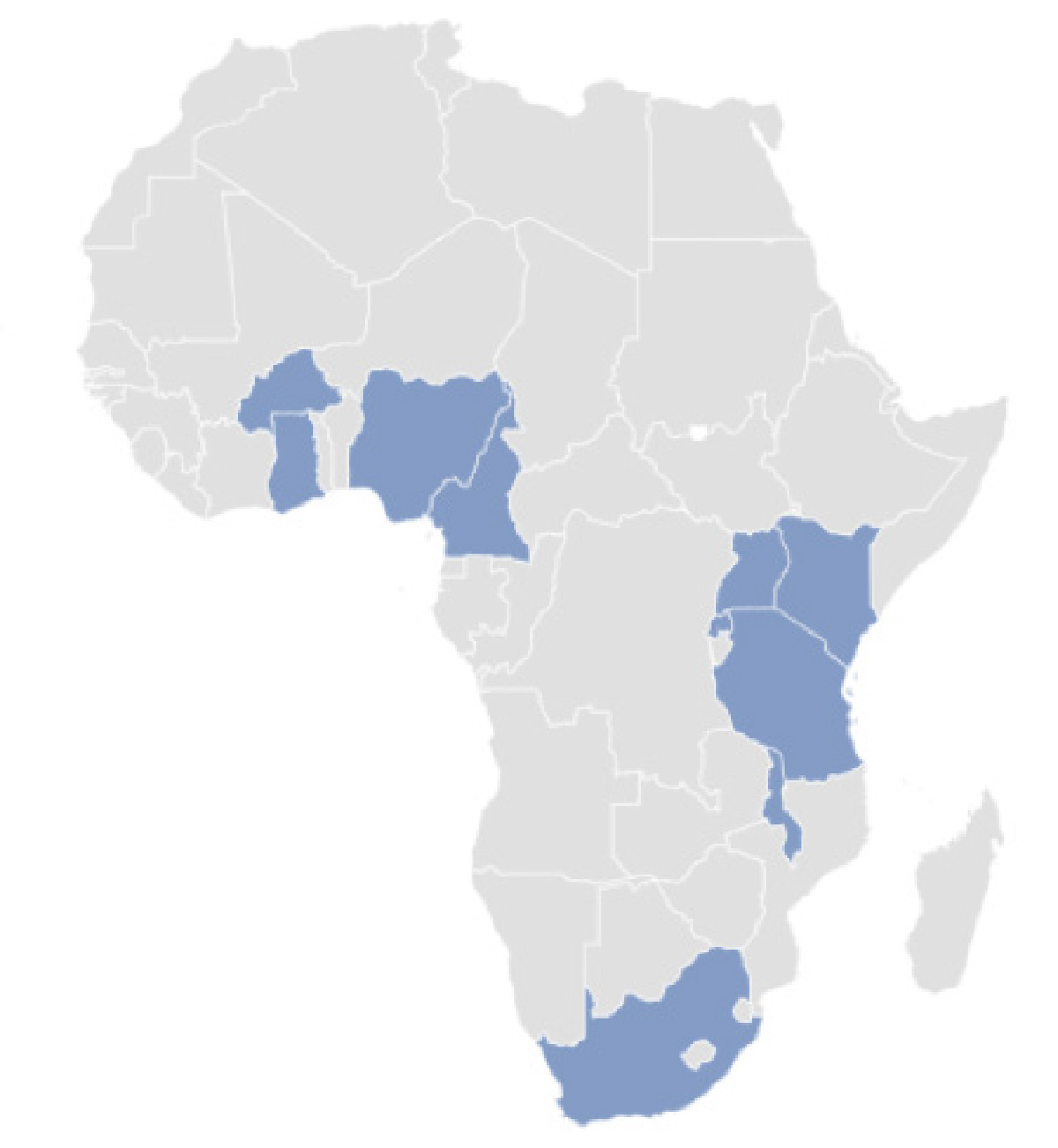

1.0 Introduction
As African countries prioritize Universal Health Coverage (UHC), Health Technology Assessment (HTA) is gaining increasing attention as a strategic purchasing reform to promote the efficiency of health systems. HTA has been defined as “a multidisciplinary process that uses explicit methods to determine the value of a health technology at different points in its lifecycle, to inform decision making in order to promote equitable, efficient, and high-quality health systems” (1). African countries that are considering and/or on the path to institutionalize HTA include Ghana, Kenya, Tanzania, Ethiopia, Rwanda, South Africa and Uganda.
As African countries prioritize Universal Health Coverage (UHC), Health Technology Assessment (HTA) is gaining increasing attention as a strategic purchasing reform to promote the efficiency of health systems. HTA has been defined as “a multidisciplinary process that uses explicit methods to determine the value of a health technology at different points in its lifecycle, to inform decision making in order to promote equitable, efficient, and high-quality health systems” (1). African countries that are considering and/or on the path to institutionalize HTA include Ghana, Kenya, Tanzania, Ethiopia, Rwanda, South Africa and Uganda.
The path to institutionalization of HTA in Africa is however paved with several challenges. These include low awareness of HTA among health sector policy makers, limited capacity in skills that are required to implement HTA (health economics, evidence synthesis etc), disjointed efforts in research, and limited access to data and evidence to inform HTA assessments. While countries will need to chart their own context appropriate paths to HTA institutionalization, experience from other settings, particularly Europe (2) and Asia (3) show that regional collaboration among HTA agencies, doers (academics) and users (policy makers) of HTA supports the institutionalization of HTA in the region by mitigating against these challenges. Collaborative networks on HTA reduce duplication of efforts and leverage on collective member resources to advance capacity development, advocacy and awareness, policy engagement and practical support to countries through peer learning, knowledge exchange, practical technical support and collaborative development of global public goods. In so doing, such networks facilitate the mobilization and harnessing of often scarce technical and financial resources to support country reforms processes. As Africa embarks on the HTA reform path, the development of a collaborative HTA network platform will provide further impetus to such efforts.

2.0: THE AfroHTA NETWORK
Collaborate on the generation of health economics and policy research, with a focus on health technology assessmentAfroHTA is a network of academic institutions, public national HTA agencies, research institutes, ministries of health, and regional policy making bodies. The objectives of the network are:
- To facilitate knowledge exchange and peer learning among members
- To develop capacity in the African region for skills that are required for HTA implementation
- To support advocacy, and policy engagement for context appropriate HTA institutionalization in the African region
- Collaborate on the generation of health economics and policy research, with a focus on health technology assessment
- To facilitate collaborative development of global public goods for HTA focused on Africa
3.0: THE AfroHTA Membership
Membership of the AfroHTA network is voluntary and includes:
- African country public HTA agencies/technical working groups/committees
- African countries ministries of health/HTA departments/units
- African countries academic/research institutions that conduct HTA assessments
- Regional HTA agencies or units that carry out HTA assessments – e.g. the Africa CDC Health economic unit, WHO Afro, AFHEA
- Evidence synthesis centers in Africa – such as Cochrane collaboration centers in Africa
At the moment, the network has membership from 10 African countries, bringing together the following countries and institutions (figure 1).
- University of Malawi, Malawi
- University of Witwatersrand, South Africa
- KEMRI-Wellcome Trust, Kenya
- Africa CDC HEU
- Resade – Burkina Faso
- Research for Development International –Cameroon
- University of Zambia
- University of Ghana
- University of Nigeria
- University of Dar es Salaam, Tanzania,
- Ifakara Health Institute, Tanzania
- Makerere University, Uganda,
- University of Rwanda, Rwanda

4.0: ACTIVITIES OF THE NETWORK
Network activities are co-produced by its members and will dynamically evolve over time. These activities are derived from and linked to the network objectives and shall be calibrated to evolution and maturity of HTA institutionalization in the region. Planned activities under the four network objectives include:
4.1: To facilitate knowledge exchange and peer learning among members- Develop and circulate a quarterly HTA Africa newsletter
- Organize quarterly HTA Webinars
- Develop an open access repository of HTA assessments, policies, strategies, process and methods guidelines in Africa
- Organize a biennial HTA Africa conference
- Host an Africa Health Economics Journal
- Develop and implement short courses on HTA in African countries
- Organize HTA skills building sessions on the side-lines of Key health system conferences in Africa – e.g. AFHEA, and AHAIC
- Implement a mentorship programme linking junior and senior health economics and policy experts in Africa to support academic and practical skills and career development
- Support formal masters and PhD training in health economics across Africa to develop critical capacity for HTA in the region
- Support regional and in-country policy dialogues on HTA in Africa
- Facilitate organized sessions on HTA alongside key country, regional, and international health systems gatherings across countries – these include country health summits, AFHEA, AHAIC, and the international conference on public health in Africa, HSG global, and IHEA
- Facilitate knowledge exchange and study tours among African countries and between African countries and countries outside Africa that have important experiences to share on HTA
- Social media engagement on HTA in Africa, including to share HTA outputs and information in Africa
- Develop curriculum on HTA training and make it publicly available and open access
- Develop generic and adaptable process and methods guidelines for HTA
- Work with health economics schools in Africa to integrate HTA training in their curriculum and/or introduce HTA training courses
The AfroHTA network is coordinated by a secretariat. The KEMRI-Wellcome Trust Health Economics Research Unit (HERU) costs the current secretariat. For more information and inquiries, email [email protected] , [email protected] , [email protected]